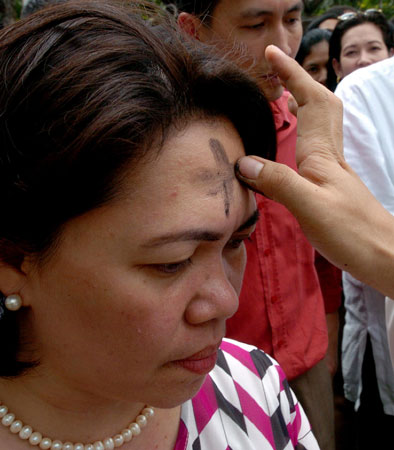Haitian Protestantism in the Bahamas
 I've just learned that Bertin M. Louis, Jr., a doctoral candidate in anthropology at Washington University in St. Louis, is finishing up a dissertation on Haitian Protestant religion in Nassau.
I've just learned that Bertin M. Louis, Jr., a doctoral candidate in anthropology at Washington University in St. Louis, is finishing up a dissertation on Haitian Protestant religion in Nassau.Here's the abstract:
Title: “My Body is in Nassau but My Spirit is in Haiti”: Transnational Migration, Religious Identity and Long-Distance Nationalism Among Protestant Haitians in Nassau, BahamasPrior to this effort, Haitian religion in the Bahamas has been largely neglected by academic researchers. Hopefully, the completion of this work will generate interest and open the doors to further research on the subject. In the meantime, I'll be looking forward to reading the completed dissertation once it becomes available.
Haitians have been migrating to the Bahamas for the past two centuries and have grown into a community that ranges from 30,000 to 60,000 people. Many Haitians in the Bahamas are undocumented and lead isolated and segregated lives subject to Bahamian discrimination and exploitation. In this environment religion serves an important role for Haitians, and Catholic and Protestant churches are the primary institutions that address their economic, social and spiritual needs. In Nassau, Haitian transmigrants attend Protestant churches more than Catholic churches indicating a religious shift away from the religions practiced by Haitians traditionally (Catholicism and Vodou).
But ethnographic research, conducted in 2005 within Nassau’s Protestant Haitian community, shows the development of a form of religious and social identification that differs from traditional forms of religious and social identification among Protestants in Haiti. Specifically, Protestant Haitians in Nassau who behave and dress in ways considered inappropriate to other Protestant Haitians cause social friction within churches and, by extension, the larger Protestant Haitian community. Within the community these offenders are labeled Pwotestan (Protestant). Community members with proper comportment and appearance demonstrate the acceptance of a new way of life, reflect inner transformation (conversion) and express true faith in God based on any difficulty encountered. They are considered to be Kretyen (Christian).
To be Kretyen reflects the character and social identity that Protestant Haitians within a transnational social field deem necessary to remedy the economic, political and social ills that plague Haiti. To be Kretyen is also important to the progeny of Protestant Haitians in the Bahamas, other Protestants from Haiti, and its diaspora who visit Nassau periodically. Practiced properly among Haitians within a transnational social field, Protestant Christianity then becomes a form of long-distance nationalism that has as its goal the total transformation of Haiti into an economically, politically and socially stable nation-state.
Labels: Bahamian Church History, Haitian religion, recommended reading






















